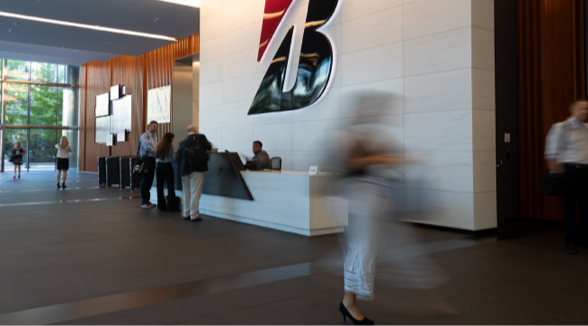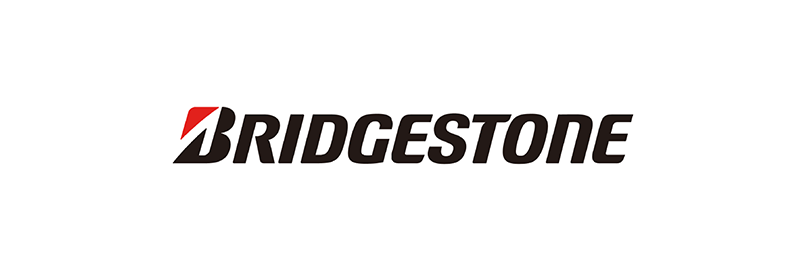Bridgestone Americas, Inc. (Bridgestone) today announced the industry’s first at-scale use of recovered carbon black (rCB) in the tire market as part of its long-standing partnership with Delta-Energy Group, LLC, a market leader for material recovery from end-of-life (EOL) tires.
The move to at-scale commercialization of D-E Black®, Delta-Energy Group’s proprietary rCB product recovered from EOL tires, marks a significant milestone in achieving Bridgestone Group’s long-term environmental vision of targeting 100% sustainable materials – and contributing to a reduction of over 50% CO2 emissions – by the year 2050 and beyond. The process by Delta-Energy Group to extract materials produces 81% less CO2 per ton as compared to vCB.
The investment also serves Bridgestone’s larger mission to drive toward a circular economy that eliminates waste through the continual use of resources. As demand for virgin carbon black (vCB) outpaces supply, Bridgestone’s strategic investment provides an alternative that benefits not only the tire industry, but the planet as well.
“Bridgestone Group is deeply committed to advancing an environmentally sustainable society by supporting a truly circular economy,” said Nizar Trigui, chief technology officer, Bridgestone Americas, Inc. “Through this partnership with Delta-Energy Group, we hope to shape the future of our industry and ensure efficient mobility solutions for generations to come.”
Bridgestone began evaluating Delta-Energy’s materials in 2007 and became an equity partner in late 2014. Since that time, the use of D-E Black as a partial replacement for vCB in new tires has undergone extensive testing to ensure compliance with the high standards and superior quality and performance for which Bridgestone tires are known.
To date, Bridgestone has purchased approximately 235 metric tons of rCB, the equivalent of more than 70,000 EOL tires, resulting in the reduction of approximately 765,000 pounds of CO2 emissions, compared to using vCB. By the end of 2020, Bridgestone plans to increase the use of D-E Black to 6,800 metric tons, equivalent to about 2 million EOL tires and a reduction of about 24 million pounds of carbon emissions – the amount to power nearly 2,000 homes or more than 2,300 passenger vehicles for an entire year. Through the partnership with Delta-Energy, Bridgestone will divert millions of EOL tires annually into new products that will give them a new life.
“Important partnerships like this significantly accelerate innovative solutions to address the technical, economic and environmental needs of sustainable development initiatives,” said Bob Genovese, Delta-Energy CEO. “Bridgestone has been an invaluable partner from the beginning, and we are proud to be able to support them, and the tire industry as a whole, in endeavors moving toward a more circular economy with D-E Black. Delta-Energy has plans to build several more plants in North America over the next few years capable of processing D-E Black for new tires and other rubber product industries.”
Bridgestone is using D-E Black in high-quality tires for agriculture and passenger applications across multiple plants in the Americas, including the Bridgestone Des Moines Agriculture Tire Plant, Aiken County Passenger Tire Plant, and the Bridgestone Cuernavaca Tire Plant. The company is continually assessing new opportunities to expand its usage of D-E Black into additional plants and product lines.









.png)



